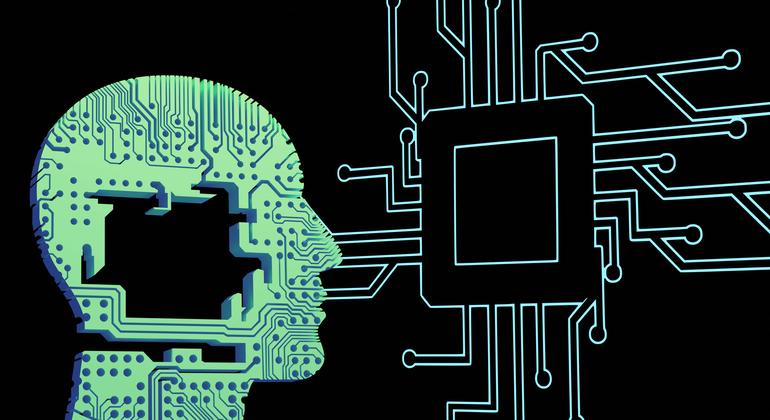The promise and dangers of remarkable technological advances

Setting the stage for discussions, Robin Geiss, Director of the United Nations Institute for Disarmament Research (UNIDIR), emphasized the breakneck pace of scientific development in fields such as advanced robotics and 3D printing. , General AI and Aerospace.
While it took nearly 50 years for the 1880s power grid to reach 100 million homes, ChatGPT reached the same milestone in just two months in 2022.
“This shows that the time available to policymakers is significantly limited to react and adapt to scientific and technological advances in today’s world,Mr. Geiss said.
“At the same time, the growing convergence of different technologies, combined with their inherent dual nature, could lead to far-reaching and unforeseen consequences,” he added. in general.
The future of global security
Mr. Geiss drew attention to quantum technology, which in just five to 10 years could have significant impacts on global security.
Quantum computing, he explained, could disrupt information and communications security by making traditional encryption techniques obsolete. At the same time, it could revolutionize warfare by allowing sensors to detect objects underground or underwater.
“Quantum computing will usher in a new era for AI by allowing the computation of models that currently cannot run on even the most powerful computers.he said.
Looking ahead, Mr. Geiss predicts that the next decade will also see major advances in artificial general intelligence (AGI), which is capable of “understanding, learning and applying” knowledge in many different contexts.
“This profound change will have far-reaching consequences throughout society,” he added, calling for urgent action to anticipate both the threats and opportunities posed by these emerging technologies.

The Security Council meets to predict the impact of scientific developments on international peace and security.
Neurotechnology: Reconnecting the brain and body
Also provide a brief introduction Security Council were Professors Jocelyne Bloch and Grégoire Courtine, who presented cutting-edge neurotechnology advances that have the potential to change lives, while also raising serious ethical and security concerns.
Professor Bloch, a Swiss neurosurgeon, outlined her team’s development of a method “Digital bridge” between the brain and spinal cord – technology that helps paralyzed patients walk again by bypassing spinal cord injury.
The spinal cord that controls leg movement remains intact, she said, “just disconnected from the brain.” By implanting electrodes into both the brain and spinal cord, and using artificial intelligence to decode brain signals, this system restores natural movement.
“We recently restored arm mobility in a quadriplegic patient and plan to expand the treatment to stroke-related paralysis and neurodegenerative diseases. terrible. such as Parkinson’s disease,” Professor Bloch said.

Professor Jocelyne Bloch (left) and Grégoire Courtine (right) informed the Security Council.
Ethical opportunities and challenges
Professor Courtine, a French neuroscientist, spoke about the wider societal impact of these advances.
“This advancement will have a significant impact on the lives of many people, including injured young athletes, soldiers returning from battle paralyzed, or civilians as secondary victims,” he noted.
In addition to personal benefits, widespread application of neurotechnology will also reduce economic and social burdens. However, he warns that brain-machine interfaces, like those used in their research, could be exploited for non-therapeutic or military purposes.
“Our patients were able to control drones with their minds,Such capabilities could be used by healthy individuals for non-medical purposes, potentially posing new security risks, he warned.
Science fiction becomes reality
The rapid development of neurotechnology also creates vulnerabilities. Devices such as “digital bridges” are susceptible to disruption by electromagnetic fields or hacking, which can compromise important neural data.
Professor Courtine said: “We are at a pivotal moment in history.
“What was science fiction decades ago is gradually becoming reality. It is our shared responsibility to shape this new era ethically and safely, while opening the door to life-changing advances.”




